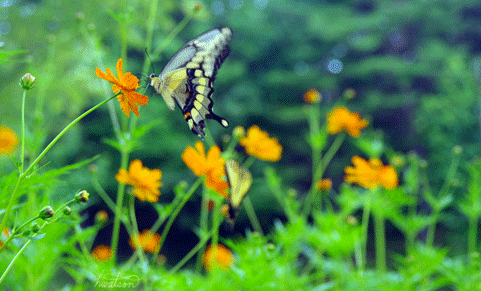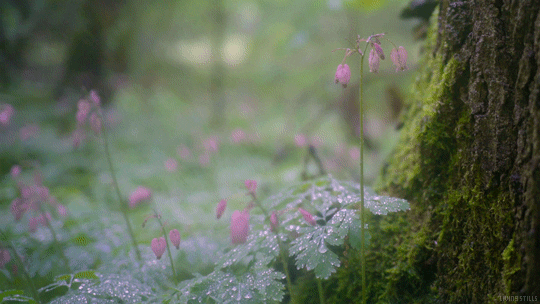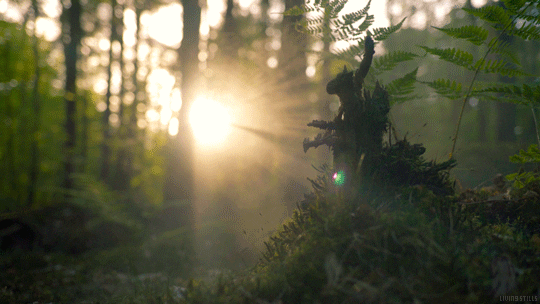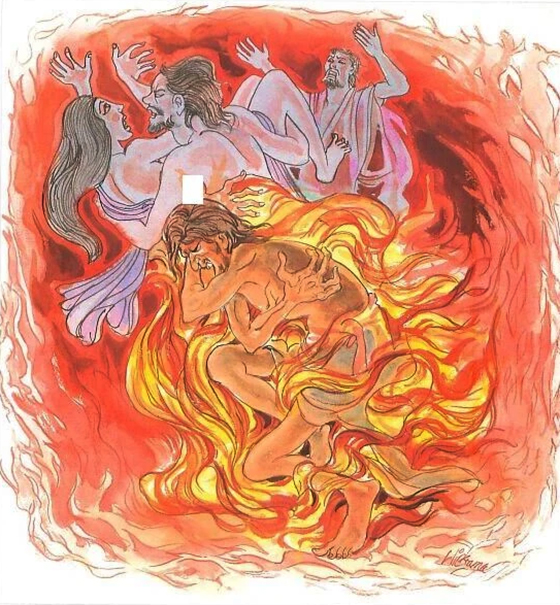Panditavagga: The Wise
- Should one find a man who points out faults and who reproves, let him follow such a wise and sagacious person as one would a guide to hidden treasure. It is always better, and never worse, to cultivate such an association.
-
Let him admonish, instruct and shield one from wrong; he, indeed, is dear to the good and detestable to the evil.
-
Do not associate with evil companions; do not seek the fellowship of the vile. Associate with the good friends; seek the fellowship of noble men.
-
He who drinks deep the Dhamma lives happily with a tranquil mind. The wise man ever delights in the Dhamma made known by the Noble One (the Buddha).
-
Irrigators regulate the rivers; fletchers straighten the arrow shaft; carpenters shape the wood; the wise control themselves.
-
Just as a solid rock is not shaken by the storm, even so the wise are not affected by praise or blame.
-
On hearing the Teachings, the wise become perfectly purified, like a lake deep, clear and still.
-
The good renounce (attachment for) everything. The virtuous do not prattle with a yearning for pleasures. The wise show no elation or depression when touched by happiness or sorrow. Continue reading


















